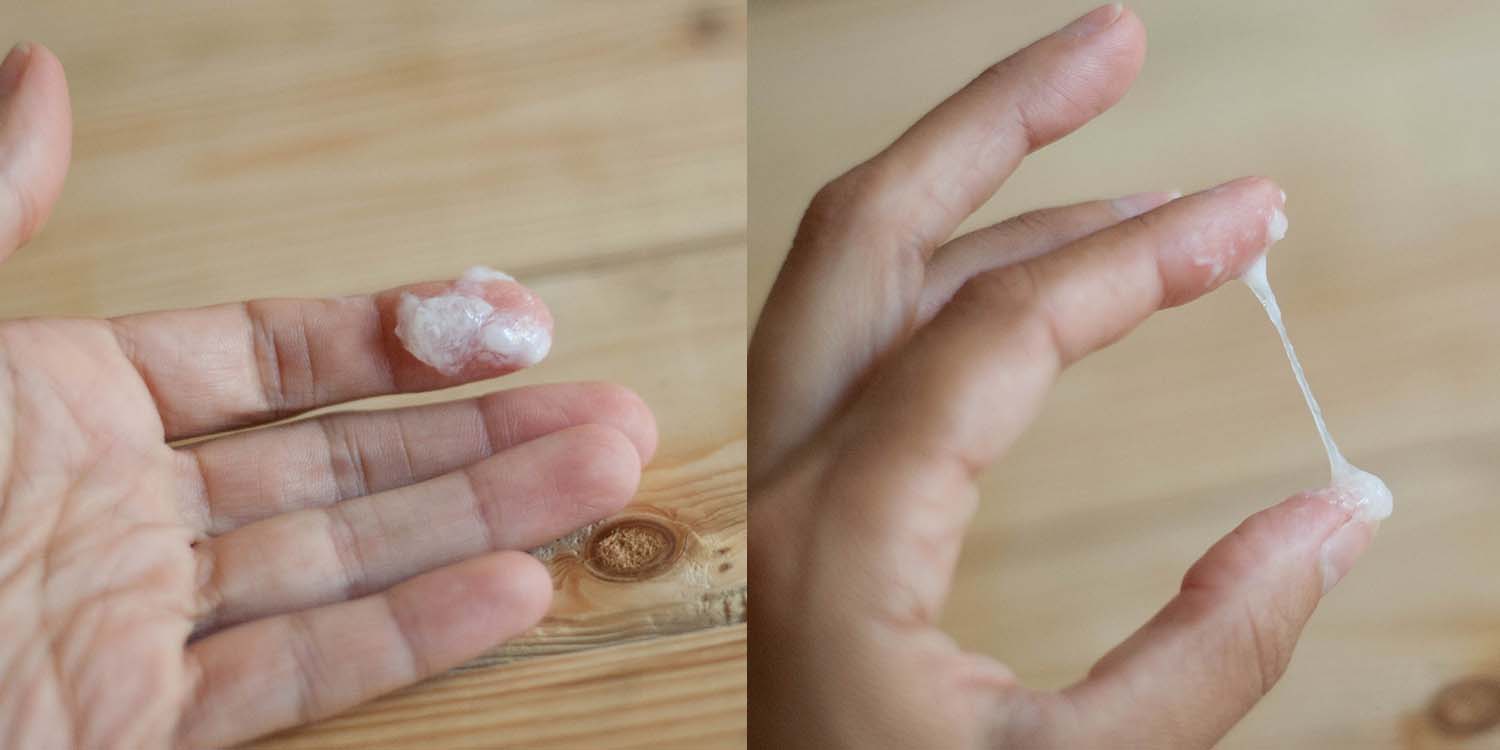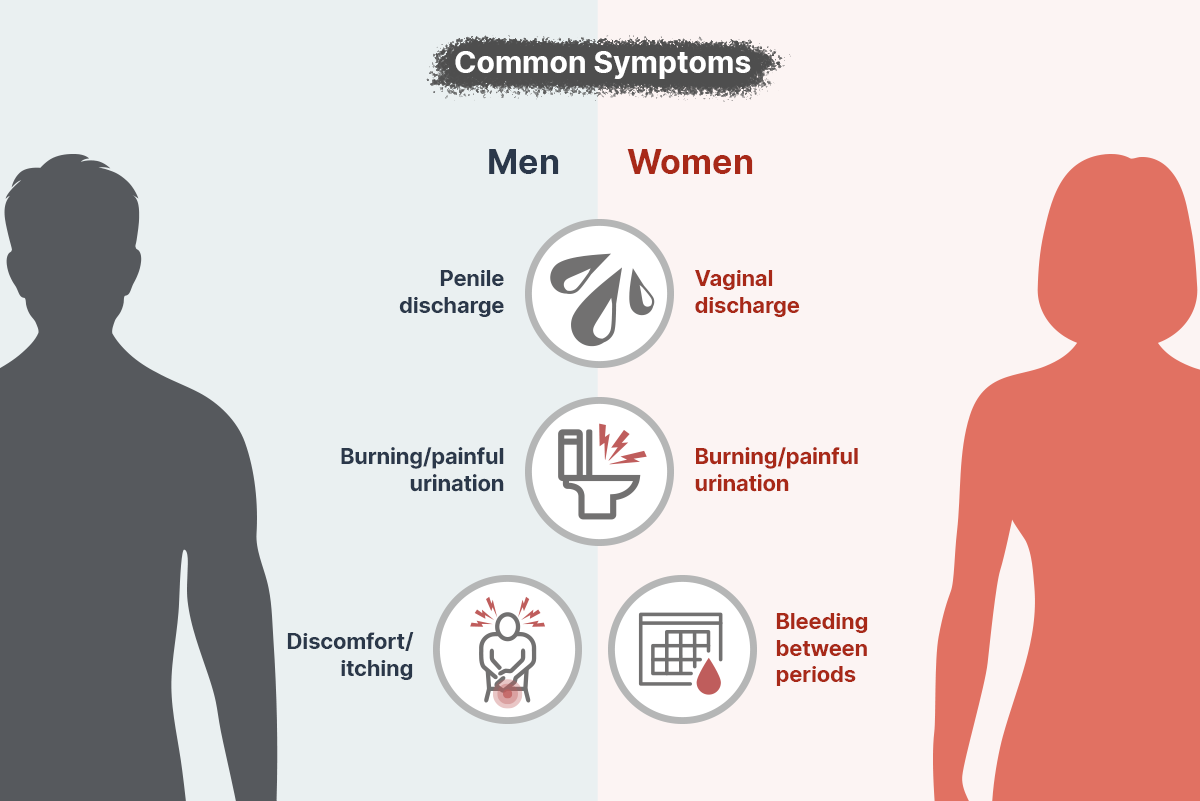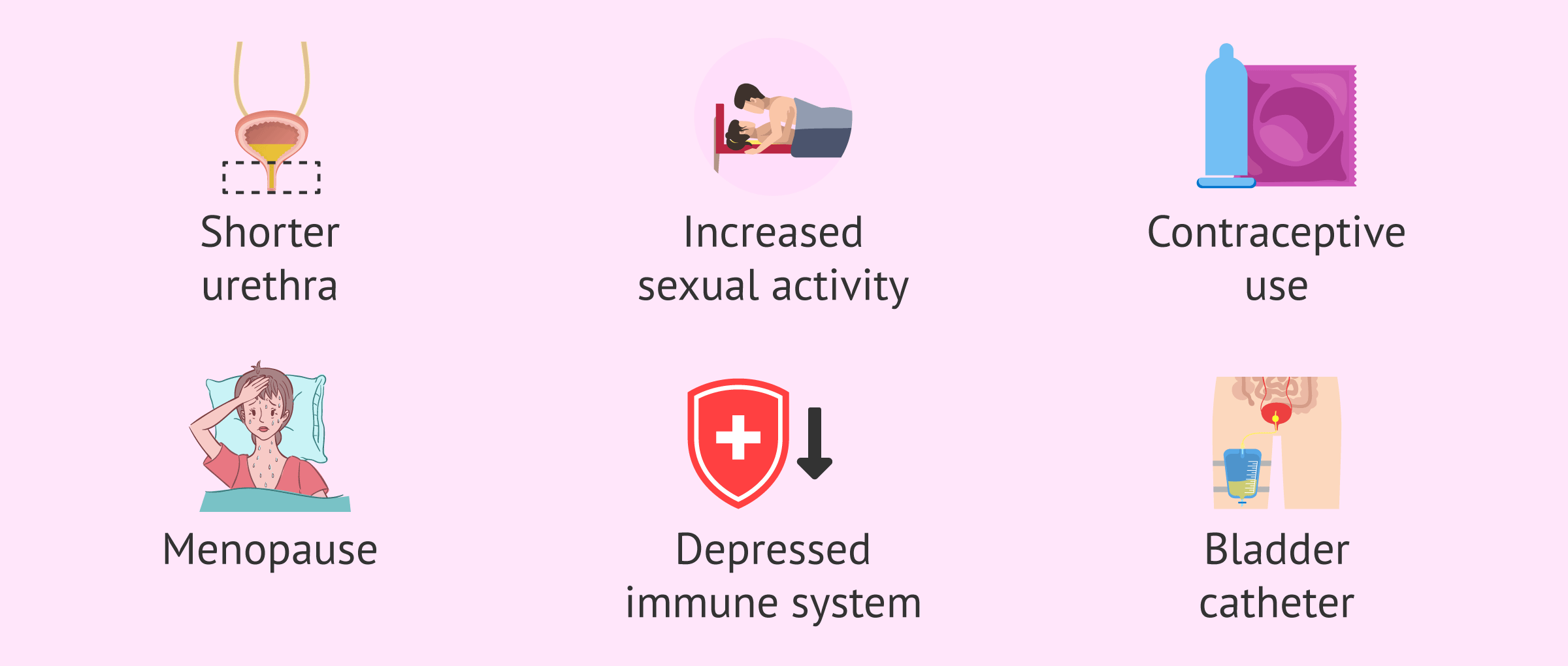Maintaining personal hygiene is essential for overall health, but sometimes, even with the best care, infections can occur in the most sensitive areas of the body. Genital infections affect people of all genders and can range from mild discomfort to more serious health risks. Yet, because of stigma or lack of awareness, many individuals delay seeking help until symptoms worsen.
This article explores the key signs of a genital infection that should never be ignored. Whether you’re male, female, or non-binary, being informed can help you recognize early warning signs, take prompt action, and protect both your personal and reproductive health.
Why Genital Health Matters for Everyone

The genital area is home to a unique ecosystem of natural bacteria and microorganisms that help protect against infections. However, changes in routine, unprotected sexual contact, poor hygiene, or other health conditions can disrupt this balance and lead to infections.
Ignoring the symptoms not only affects comfort and confidence but can also lead to long-term complications, such as infertility, chronic discomfort, or transmission to others. That’s why recognizing early signs is critical—no matter your gender.
1. Unusual Discharge

One of the most common early signs of a genital infection is a noticeable change in discharge. For women, vaginal discharge is a normal part of the body’s cleansing process. For men, discharge from the urethra is less common but can still occur when there’s an infection.
Changes to watch for include:
-
A strong or unpleasant odor
-
Thicker texture or unusual color (yellow, green, gray)
-
Increased volume or consistency
These may indicate conditions such as bacterial infections, yeast overgrowth, or sexually transmitted infections (STIs).
2. Itching or Burning Sensation

Itching around the genital region can be caused by various conditions, from simple skin irritation to more serious infections. In both men and women, this discomfort may appear around the genitals, anus, or inner thighs.
Common causes include:
-
Fungal infections (e.g., candidiasis)
-
Parasitic infections (e.g., pubic lice)
-
Allergic reactions to soaps, laundry detergents, or latex
If itching is persistent and accompanied by redness or swelling, medical evaluation is necessary.
3. Pain During Urination

A burning or stinging sensation when urinating is a classic sign of infection. While it may suggest a urinary tract infection (UTI), it can also be a sign of genital inflammation or sexually transmitted infections.
People of any gender experiencing pain during urination should avoid delaying a doctor visit—early treatment is often simple and effective.
4. Redness, Swelling, or Sores

Any visible changes to the genital skin—such as swelling, ulcers, blisters, or small cuts—can be a cause for concern. These symptoms may result from:
-
Herpes simplex virus (HSV)
-
Fungal infections or dermatitis
-
Inflammation of sweat glands or hair follicles
Some conditions may look like harmless irritation but can become serious if untreated. It’s best to avoid touching or scratching and consult a healthcare provider for proper diagnosis.
5. Unusual Odor

While it’s normal for the genital area to have a mild, natural scent, a strong or foul odor is a potential warning sign. Odor changes are especially common in bacterial imbalances or infections.
For example:
-
Bacterial vaginosis can cause a fishy smell in women
-
Poor hygiene or infections like balanitis may cause odor in men
Regular hygiene is important, but masking odor with sprays or scented washes may worsen irritation. If odor persists even after proper cleaning, it’s time to seek medical advice.
6. Discomfort During Intimacy

Pain or discomfort during sexual activity is not something to brush off. It may signal inflammation, dryness, internal injuries, or infection.
For women, causes may include:
-
Vaginal infections or dryness
-
Cervical inflammation
-
Pelvic inflammatory disease (PID)
For men:
-
Inflammation of the foreskin or glans (balanitis)
-
Genital skin infections
-
Urethritis or STI-related inflammation
In any case, discomfort during intimacy is a sign the body needs attention.
7. Flu-Like Symptoms Accompanied by Genital Discomfort
In some cases, more systemic symptoms such as fatigue, fever, or body aches may accompany a genital infection. This is often a sign that the infection has spread or that the immune system is reacting strongly.
Infections such as herpes or advanced syphilis can cause fever, headache, or swollen lymph nodes in addition to local symptoms. Always consult a doctor if you experience both genital discomfort and flu-like symptoms together.
Causes of Genital Infections: What Increases Your Risk?

Several factors can increase your susceptibility to genital infections. These include:
-
Poor hygiene or excessive washing with harsh products
-
Unprotected sexual activity or multiple partners
-
Tight or non-breathable clothing
-
Weakened immune system
-
Hormonal changes (such as during pregnancy or menopause)
-
Use of certain medications like antibiotics
Understanding what puts you at risk can help you prevent infections in the future.
When to See a Doctor
Any persistent or worsening symptom should be evaluated by a healthcare provider. You should not attempt to self-diagnose, as different infections require different treatments.
See a doctor if you notice:
-
Pain lasting more than a few days
-
Discharge with strong odor or unusual color
-
Open sores, ulcers, or swelling
-
Recurring infections
-
General discomfort affecting your daily life
Many infections are easy to treat with medication, and early diagnosis can prevent more serious complications.
Preventing Genital Infections: Simple Habits That Help
Staying healthy doesn’t have to be complicated. Here are a few habits to maintain good genital hygiene:
-
Wear breathable, cotton underwear
-
Wash with warm water; avoid heavily perfumed products
-
Change out of wet or sweaty clothes promptly
-
Always urinate after intercourse
-
Practice safe intimacy with regular STI testing
-
Keep hydrated and eat a balanced diet to support immune health
These steps apply to everyone and can make a major difference in overall comfort and health.
Final Thoughts
Genital infections can affect anyone, regardless of gender. Though some symptoms may feel embarrassing or uncomfortable to talk about, your health should always come first. By knowing the warning signs and practicing preventative habits, you can protect yourself from long-term health problems and stay confident in your body.
If something doesn’t feel right, don’t wait—listen to your body and seek help when needed. Health is a journey, and early action can make all the difference.
Sources:
